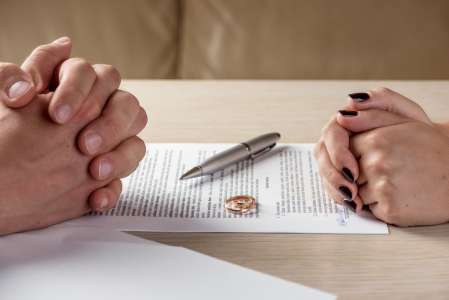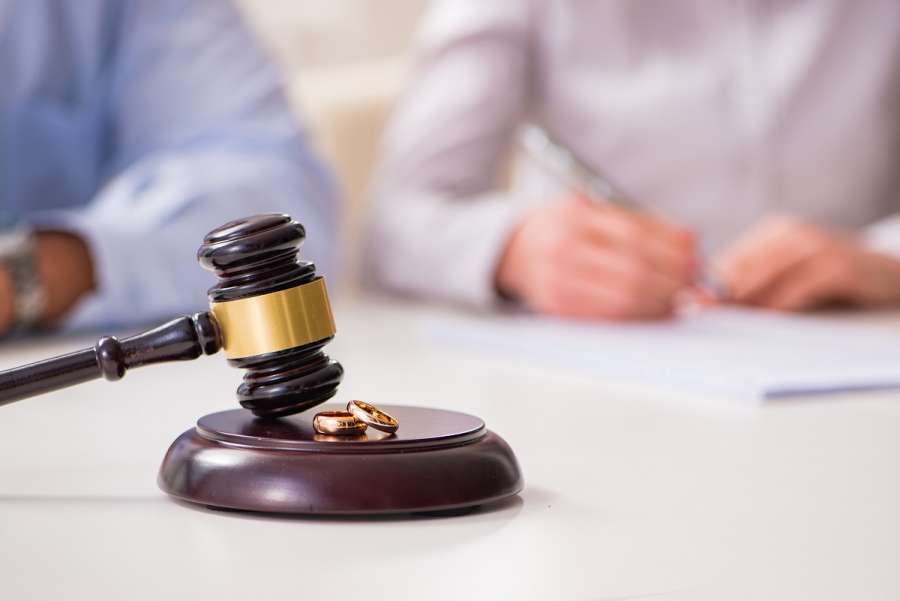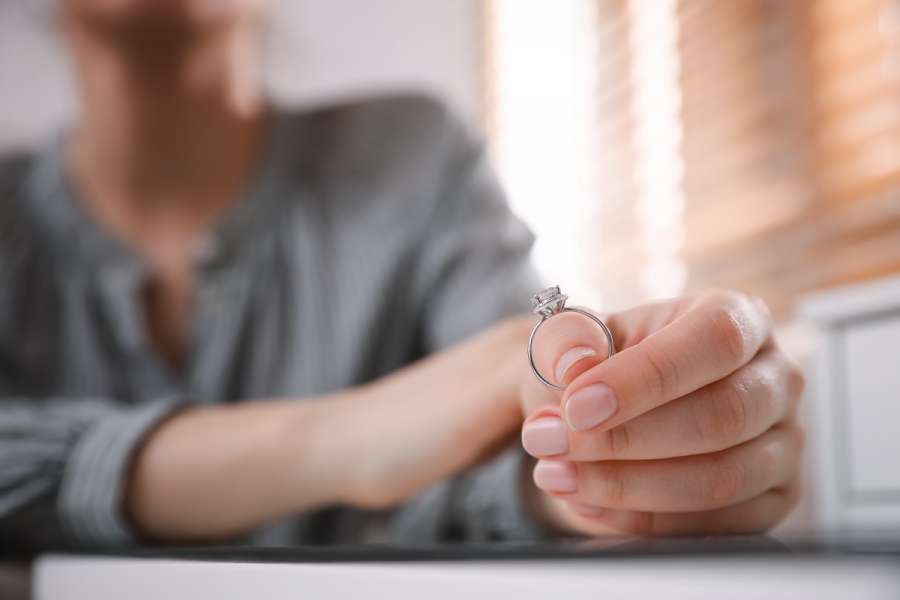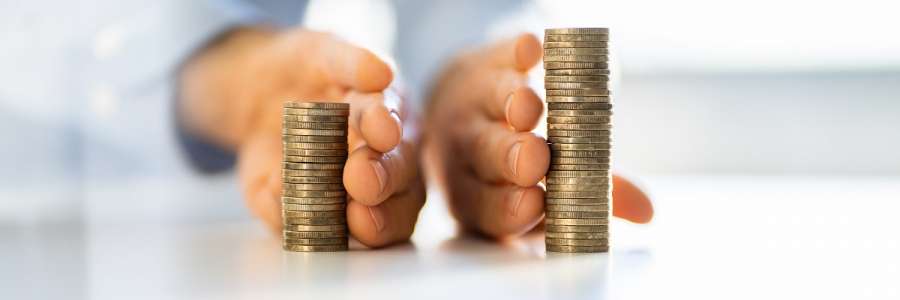The court’s preference is for the parties to reach an agreement amongst themselves regarding personal possessions and the content of the former matrimonial home or about the division of other personal items.
Disputes surrounding personal possessions are very emotionally charged as such items tend to have a sentimental value rather than a significant monetary second-hand value.
The litigation costs over personal items will likely outweigh the value of the items in dispute.
If the parties cannot agree on the division of personal items after a schedule of contents has been prepared either by the parties themselves or by a professional inventory company, it would only be proportionate to litigate further if the value of an individual item or set of items was particularly significant.
The court will likely take a pragmatic view and encourage the parties to toss a coin on an alternate basis for the items that remain on the disputed list.
Alternatively, the court retains the power to determine any remaining intractable dispute.
However, the Family Court is likely to order that the disputed items are sold and the net proceeds divided between the parties or may award costs against the party who “loses” an application to determine personal contents, so it is recommended to try to take alternative steps to agree on contents, rather than face the risk of a costs order being made.







